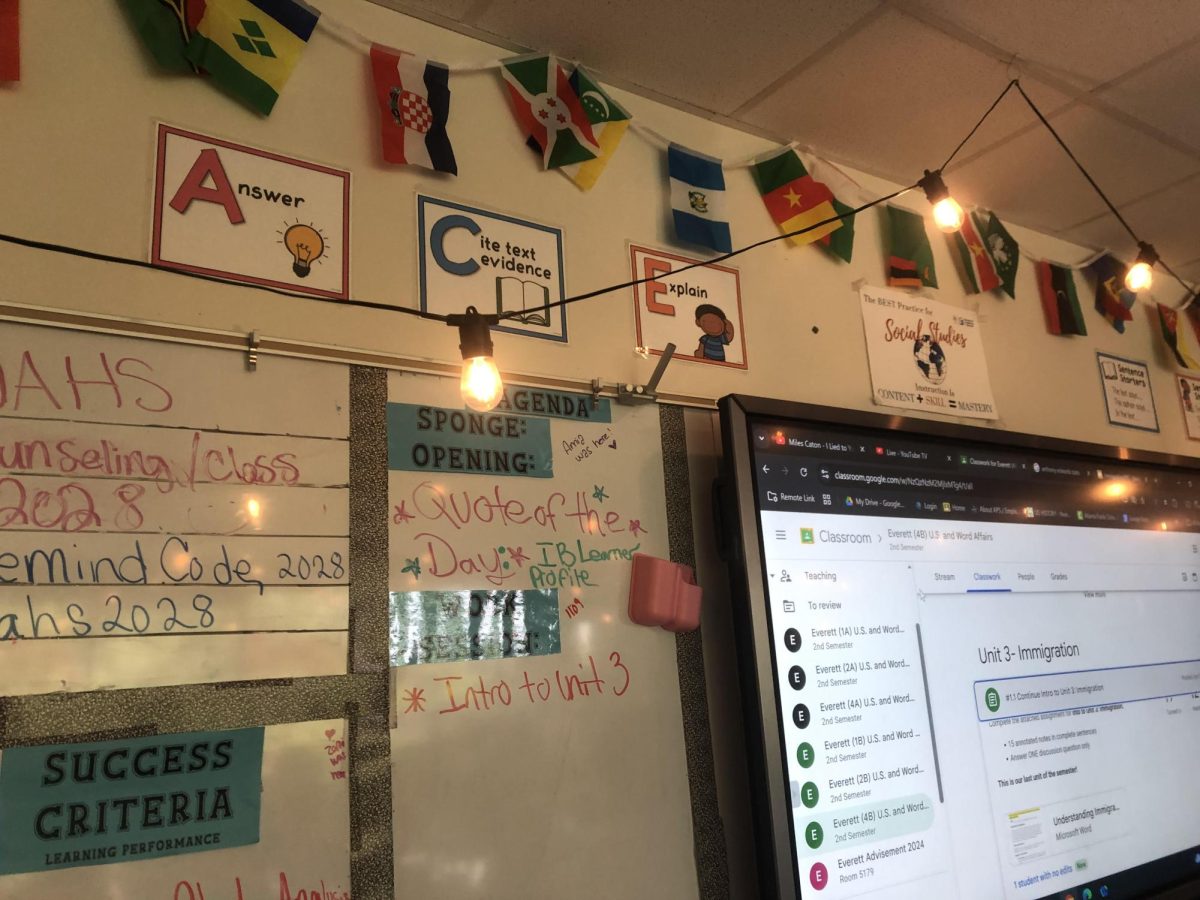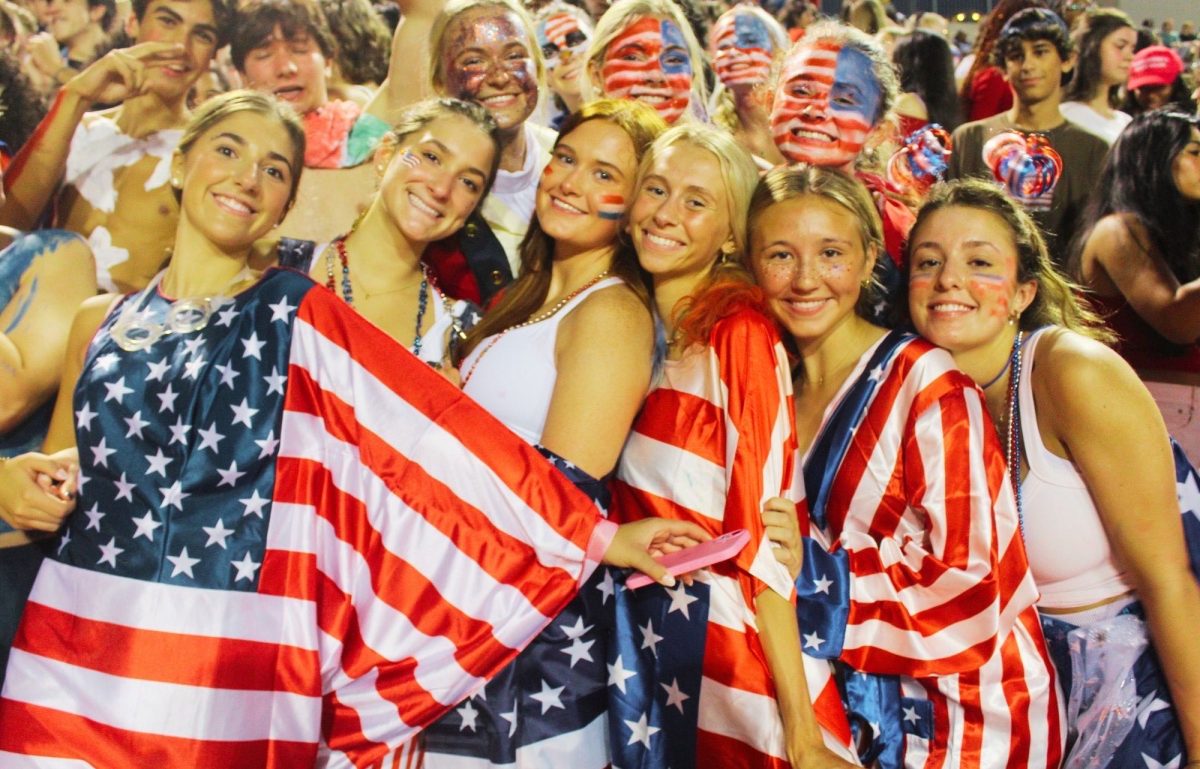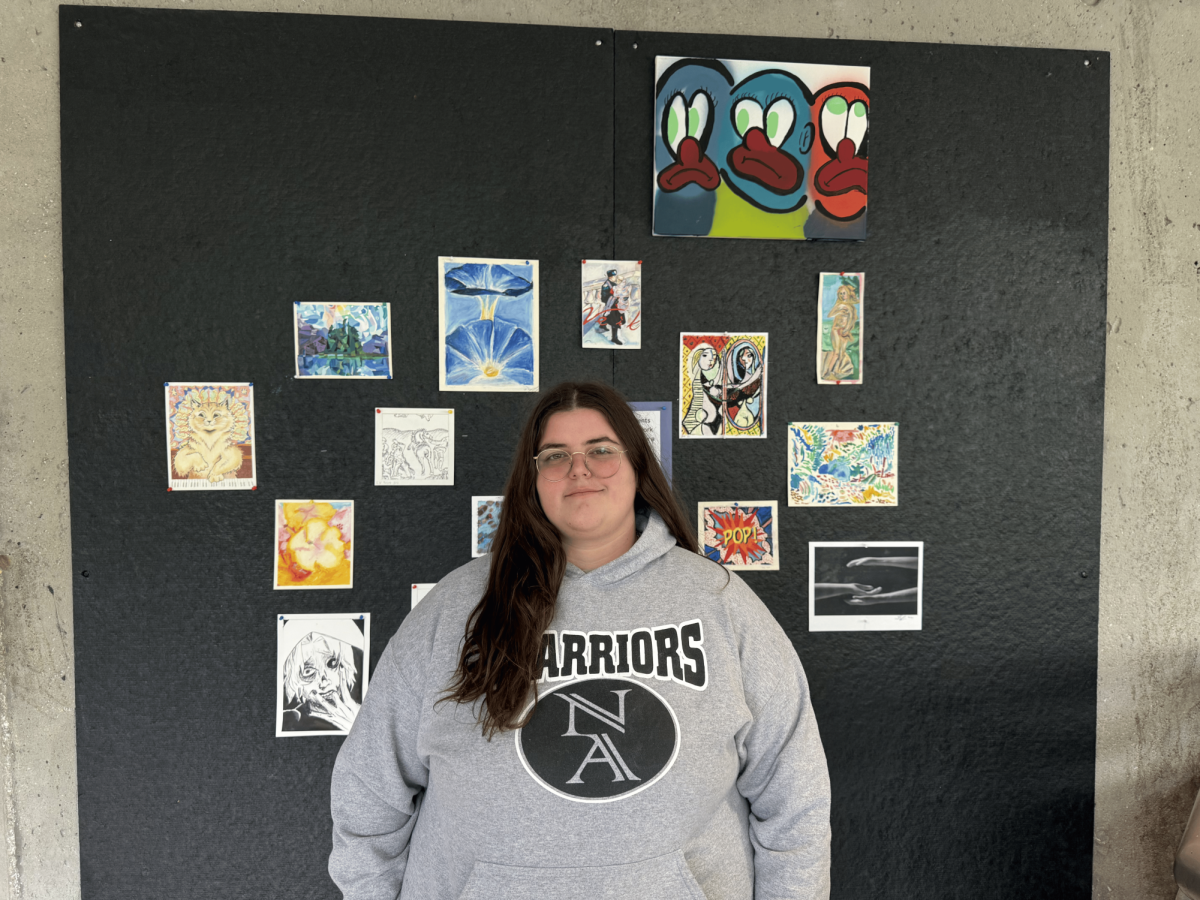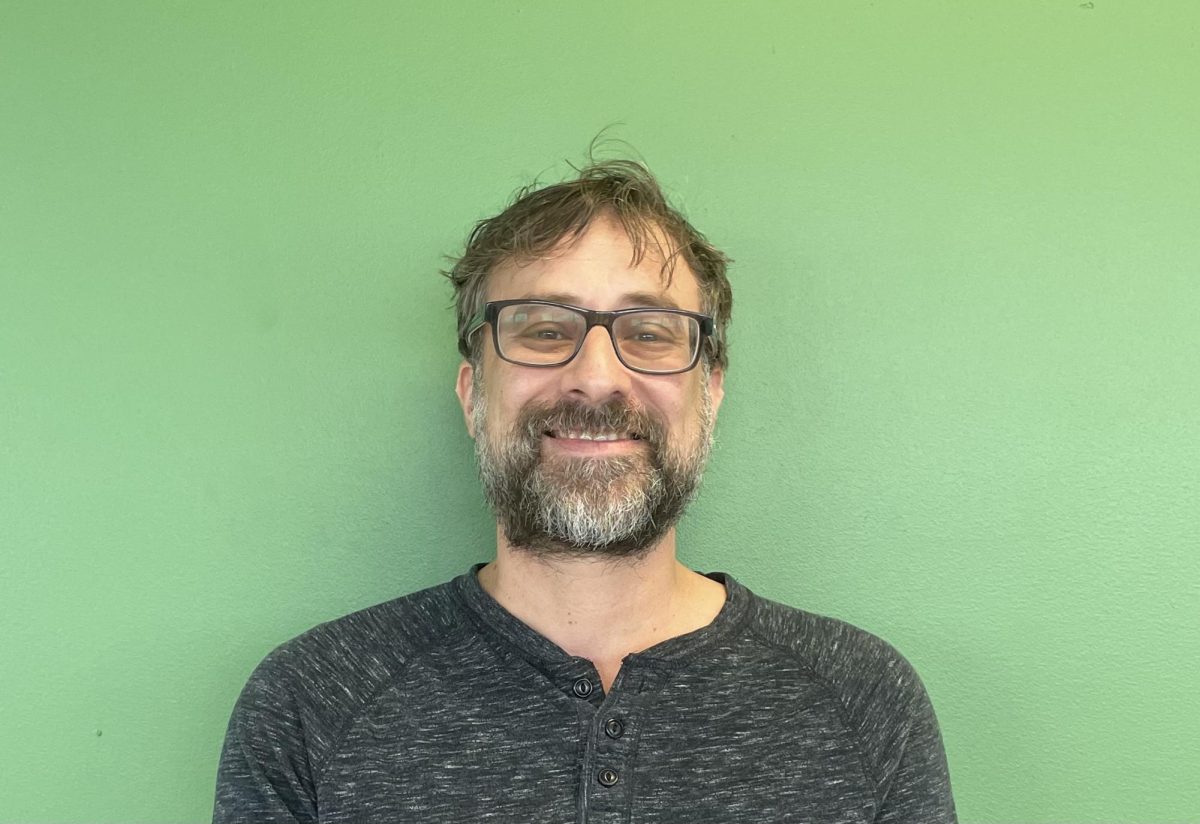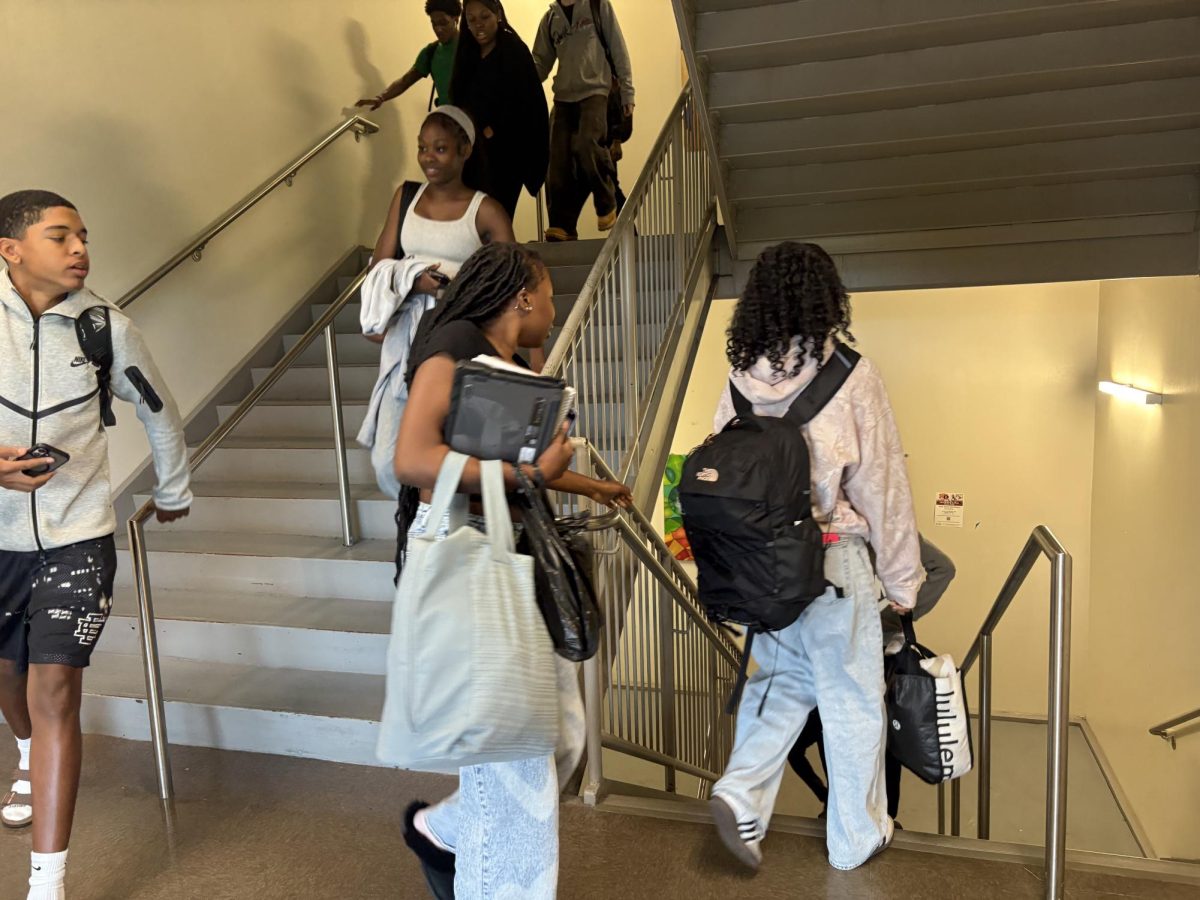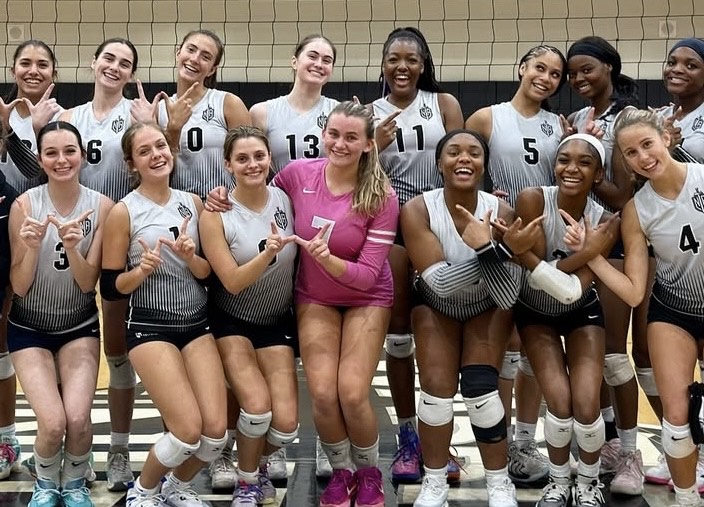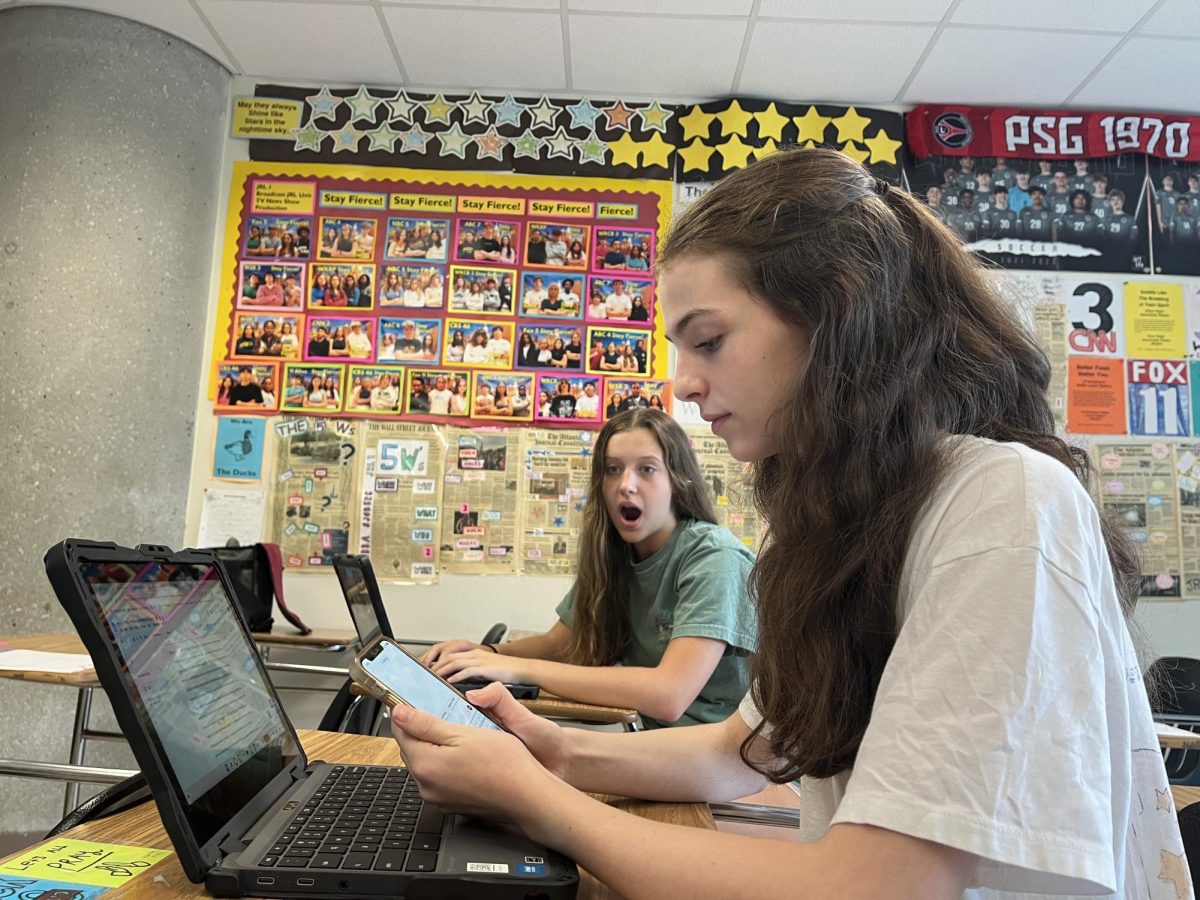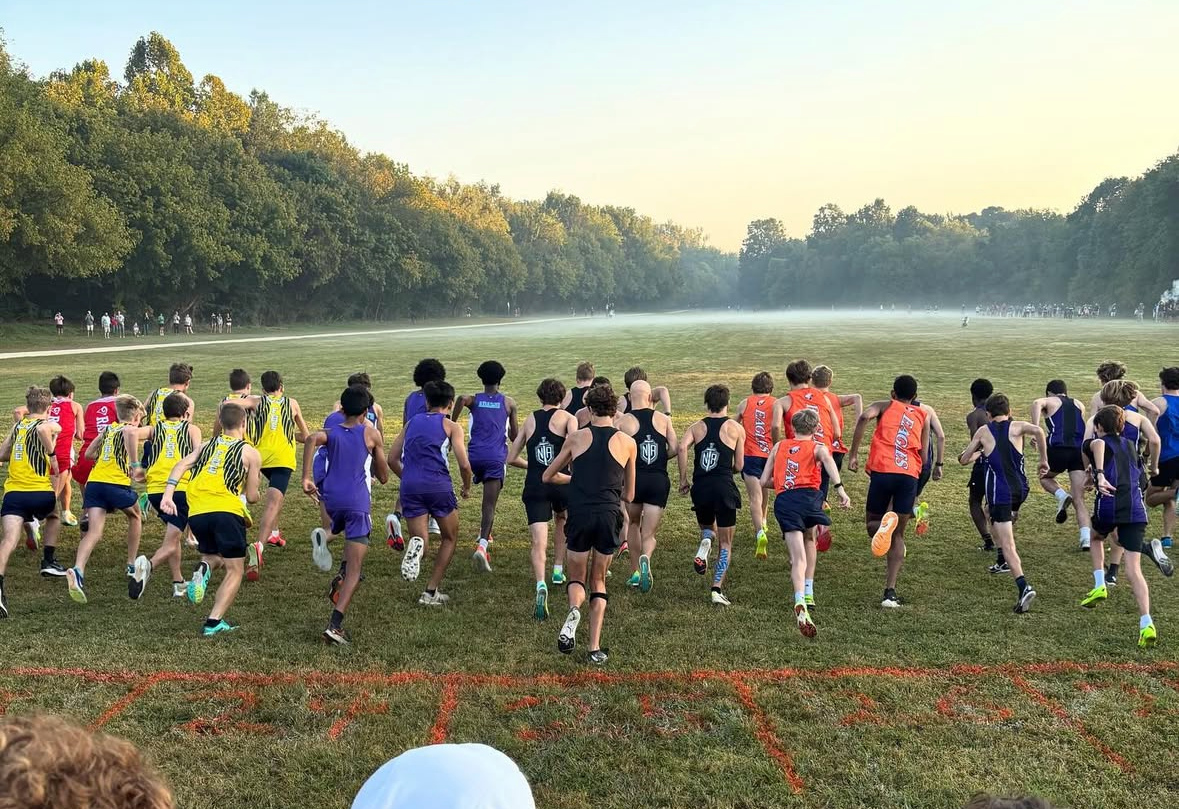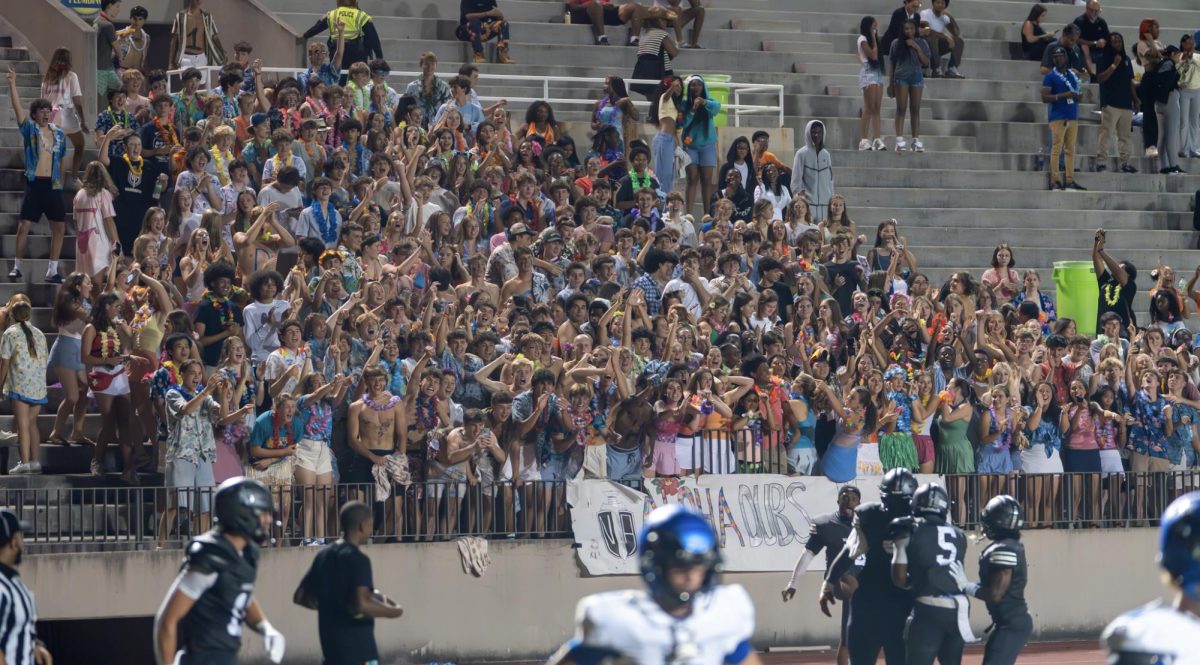Every morning at approximately 8:30, the announcements commence at North Atlanta High School. “Bonjour, Buenos Días, bienvenidos…” The voice intones. “Please stand for the Pledge of Allegiance.” And no one stands.
NAHS students and teachers alike attest that, with few exceptions, nary a person rises for the pledge. The reason why is as variable as the student body- as the nation- and it speaks to the identity of North Atlanta High School and the relationship of its students and teachers to their country.
A significant contingent of students abstain from the Pledge for the sake of belonging- sitting down is a kind of unity in itself, since no one stands up. Sophomore Cameron Gastineau was alone when he stood for the Pledge on the first day of school. “They said ‘please stand for the Pledge of Allegiance,’ and I stood, and I felt like an idiot,” said Gastineau.
Other students suggest that they reflect their teachers. Though the Pledge was a constant in elementary, in high school, many teachers do not even have flags in their rooms. U.S./World Affairs instructor Shandie Everett is among them- though her walls are draped in international flags, her flag pole is vacant. “I think that the flag was original for the room,” said Everett, “But someone took it away and never replaced it.”
Everett associates the flag with healthy national pride, and she attributes her not saying the Pledge to the chaos of the school day interfering. However, she is aware that, to some, the flag itself has been politicized. “I wish that the flag represented neutrality,” said Everett.
To sophomore Xavier Cody, the American flag is not a controversy- it is simply a symbol for the Revolutionary War, a relic of the American story. To freshman Ricki Lee, the flag is closely associated with Christianity, a religion which she feels pressure to conform to. “People have said ‘that’s not the American way, that’s not the Christian way,’ and I’m like, there is no specific American,” said Lee.
Sophomore Alexander Davis saves the Pledge for major occasions- like MLK Day. World History teacher Mike Robinson finds it to be “performative.” Sophomore Amora Lee abstains on principle. A member of the JROTC, Lee feels that she is responsible for making America better. However, “It is hard for me to commit to something that I know will not have my back,” she said.
To literature teacher Irvin Scott, not saying the Pledge is the most American thing there is. Some other countries mandate demonstrations of loyalty, but Americans are free to choose. Scott does have an American flag in his room, in addition to flags of other places that some of his students are from. He does not require his students to say the Pledge, but should someone want to, he ensures that they have a respectful environment. Scott himself does not say it because he feels so secure in his identity as an American. He likens his relationship with America to a son’s relationship with his father. “I love my country, but I’m also very critical of my country,” said Scott. “It’s like, my dad’s my dad, whether I like it or not. He’s done some good things, and he’s done some trash things.”
A testament to the human condition, a show of adolescent unity or conformity, an ethical demonstration, an unconscious choice, the most American move there is- not saying the Pledge is all of these things and more. On any given morning at North Atlanta, there is no uniform show of patriotism, but this country- founded on the principles of liberty and plurality- need not fear for the future.


